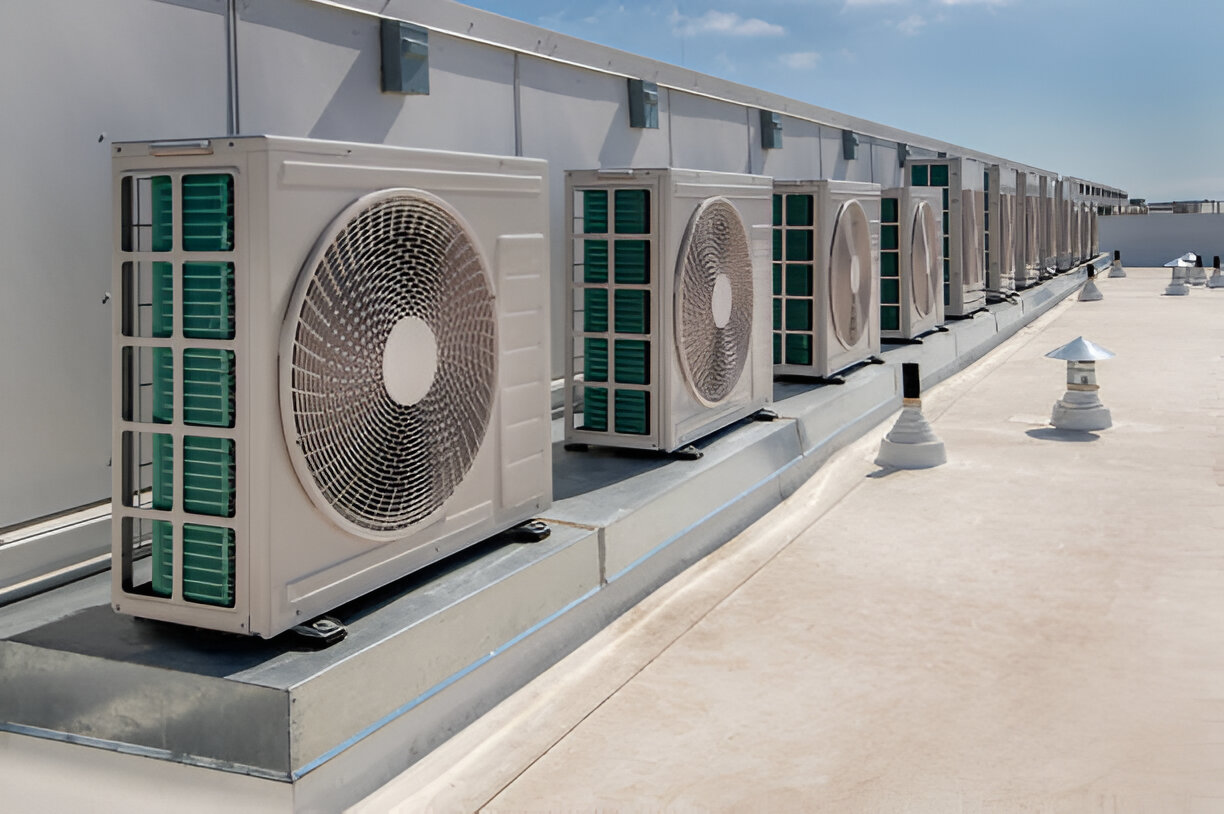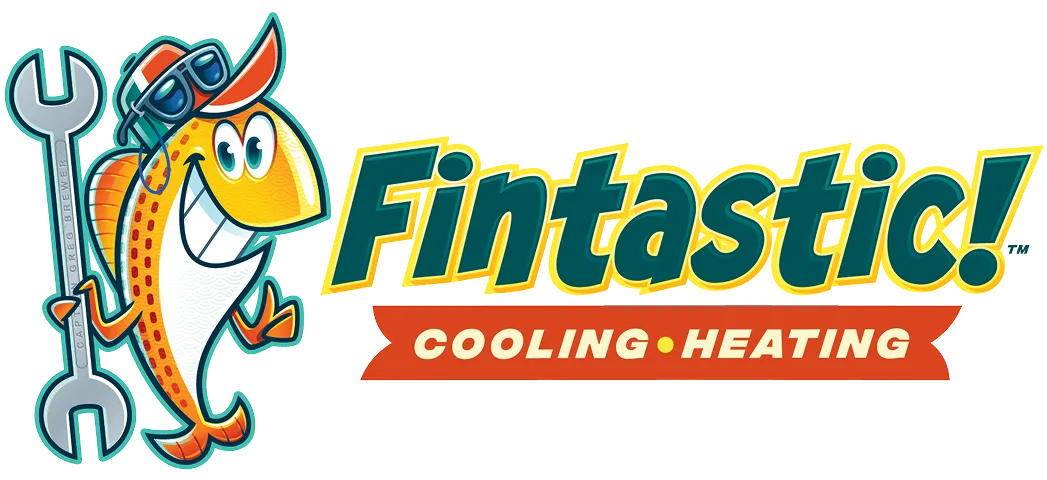Residential HVAC Services in Friendswood, TX
Residential HVAC Services in Friendswood, TX
Keeping your home comfortable year round in Friendswood, TX depends on a properly designed, installed, and maintained HVAC system. From hot, humid summers to muggy shoulder seasons, local climate and coastal influences create specific demands on heating, cooling, and indoor air quality. Our Residential HVAC Services in Friendswood, TX explain what to expect for installations, repairs, maintenance, indoor air improvements, thermostat upgrades, and practical guidance for choosing the right system for your home.

Why Friendswood homes need tailored HVAC solutions
Friendswood sits in a humid subtropical climate. High humidity and frequent summer heat create greater cooling loads and more condensate in systems, which increases the risk of mold, coil icing, and clogs in condensate drains. Proximity to the Gulf can mean higher salt content in the air, accelerating corrosion on outdoor components. These local factors make system sizing, humidity control, and corrosion-resistant components especially important when selecting or servicing HVAC equipment in Friendswood, TX.
Common HVAC issues in Friendswood, TX
Homeowners in the area encounter recurring problems tied to climate and age of equipment. Watch for:
- Insufficient cooling or short cycling - often caused by an oversized or failing compressor, refrigerant issues, or clogged filters.
- High humidity and mold odor - poor dehumidification, blocked condensate drains, or dirty evaporator coils.
- Rising energy bills - inefficient older equipment, poor duct sealing, or incorrect thermostat settings.
- Noisy operation - fan motor wear, loose components, or failing compressors.
- Intermittent heating or cooling - control board failures, thermostat miscalibration, or electrical issues.
- Corrosion and outdoor unit wear - salt air corrosion on coils, panels, and fasteners.
Types of residential HVAC services offered
- System installation and replacement - central air conditioners, heat pumps, ductless mini splits, and hybrid systems chosen for Friendswood climate needs.
- Routine maintenance - seasonal tune ups, filter changes, coil cleaning, refrigerant checks, and safety inspections.
- Repairs - diagnostics and fixes for compressors, refrigerant leaks, condensate drain clogs, blower motors, capacitors, and control systems.
- Indoor air quality - whole-home filtration, UV germicidal lights, dehumidifiers, and ventilation balancing.
- Thermostat upgrades - programmable, Wi Fi enabled, and zoning controls to optimize comfort and efficiency.
- Energy efficiency recommendations - improvements like duct sealing, insulation advice, system upgrades, and variable-speed equipment.
- Financing and warranty guidance - explanation of manufacturer warranties, extended protection plans, and what to compare when evaluating financing.
How diagnostic and service processes work
A clear, methodical diagnostic process gets to the root cause before any work begins:
- Initial inspection - visual check of indoor and outdoor units, ductwork, filter condition, and thermostat settings.
- Performance testing - measure airflow, refrigerant pressures, temperature splits, and electrical draws to spot inefficiencies or failing components.
- Load and sizing check - confirm the current system matches the home using a simple Manual J style assessment to avoid oversizing or undersizing.
- Duct evaluation - inspect accessible ducts for leaks, insulation gaps, or blockages that reduce efficiency.
- Humidity and IAQ assessment - check indoor humidity levels and look for signs of mold, odors, or particulate issues.
- Transparent recommendations - prioritized options for repair, maintenance, or replacement with explanations of benefits and expected results.
Repairs and replacement: what to expect
- For repairs, technicians will explain the failed component, why it failed, and how the repair restores safe, efficient operation. Common repairs include refrigerant leak sealing and recharge, capacitor and contactor replacement, condensate drain clearing, and motor or fan repairs.
- For replacement, the process focuses on correct system sizing, appropriate equipment for humid Gulf Coast climate (higher SEER ratings, corrosion-resistant coatings, and efficient dehumidification), ductwork evaluation, and post-installation testing. Expect a follow-up walkthrough of system operation and seasonal care instructions.
Indoor air quality solutions for Friendswood homes
Humidity control and pollutant reduction are key priorities:
- Whole-house dehumidifiers reduce moisture load during humid months, easing strain on the air conditioner and limiting mold growth.
- High-efficiency filters (MERV-rated) and media filters capture more particulates from pollen, dust, and mold spores common in the region.
- UV lights installed near the coil help prevent biological growth on evaporator coils and drain pans.
- Balanced ventilation helps exchange stale indoor air for fresh outdoor air without overwhelming the cooling load.
Thermostats and zoning: comfort and savings
Upgrading to a modern thermostat or installing zoning provides better comfort control and energy savings:
- Programmable and smart thermostats allow scheduling, remote control, and usage reporting that reduce runtime and energy waste.
- Zoning systems separate the home into independently controlled areas, ideal for larger or multi-level Friendswood homes where upstairs and downstairs loads differ.
- Integration tips: pair variable-speed equipment with zoning for quieter operation and more consistent humidity control.
Energy-efficiency recommendations specific to Friendswood
- Choose equipment with higher SEER ratings and variable-speed compressors to handle frequent cooling demands more efficiently.
- Consider systems with enhanced coil coatings and stainless components to resist coastal corrosion.
- Improve attic insulation and seal ductwork to reduce heat gain in summer.
- Use a combination of shading, ceiling fans, and strategic thermostat settings to lower peak cooling load.
Financing and warranties: what homeowners should know
When comparing options, understand:
- Manufacturer warranties cover defects in materials and components for a stated term; extended warranties add labor coverage.
- Financing plans can help spread the cost of replacements and upgrades; compare interest rates, terms, and any prepayment penalties.
- Value considerations: balance upfront cost against expected energy savings, warranty coverage, and local climate resilience features.
Preventive maintenance and seasonal tips
- Schedule biannual HVAC tune ups: spring for cooling and fall for heating checks.
- Replace filters regularly during high-use months and monitor humidity with a hygrometer.
- Keep the outdoor unit clear of debris and vegetation and ensure adequate clearance for airflow.
- Address odd noises, smells, or changes in airflow promptly to avoid larger repairs.
Selecting and maintaining the right HVAC system for a Friendswood, TX home means accounting for humidity, coastal exposure, and seasonal comfort needs. A targeted approach to sizing, corrosion resistance, humidity control, and smart controls delivers the best mix of performance, indoor air quality, and long-term value for local homeowners.
Customer Testimonials
Our customers praise our exceptional service and attention to detail, consistently exceeding expectations.































































